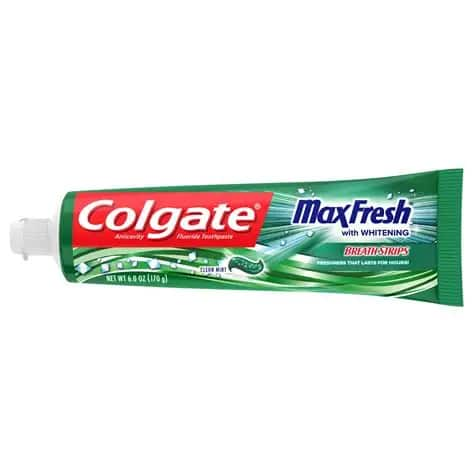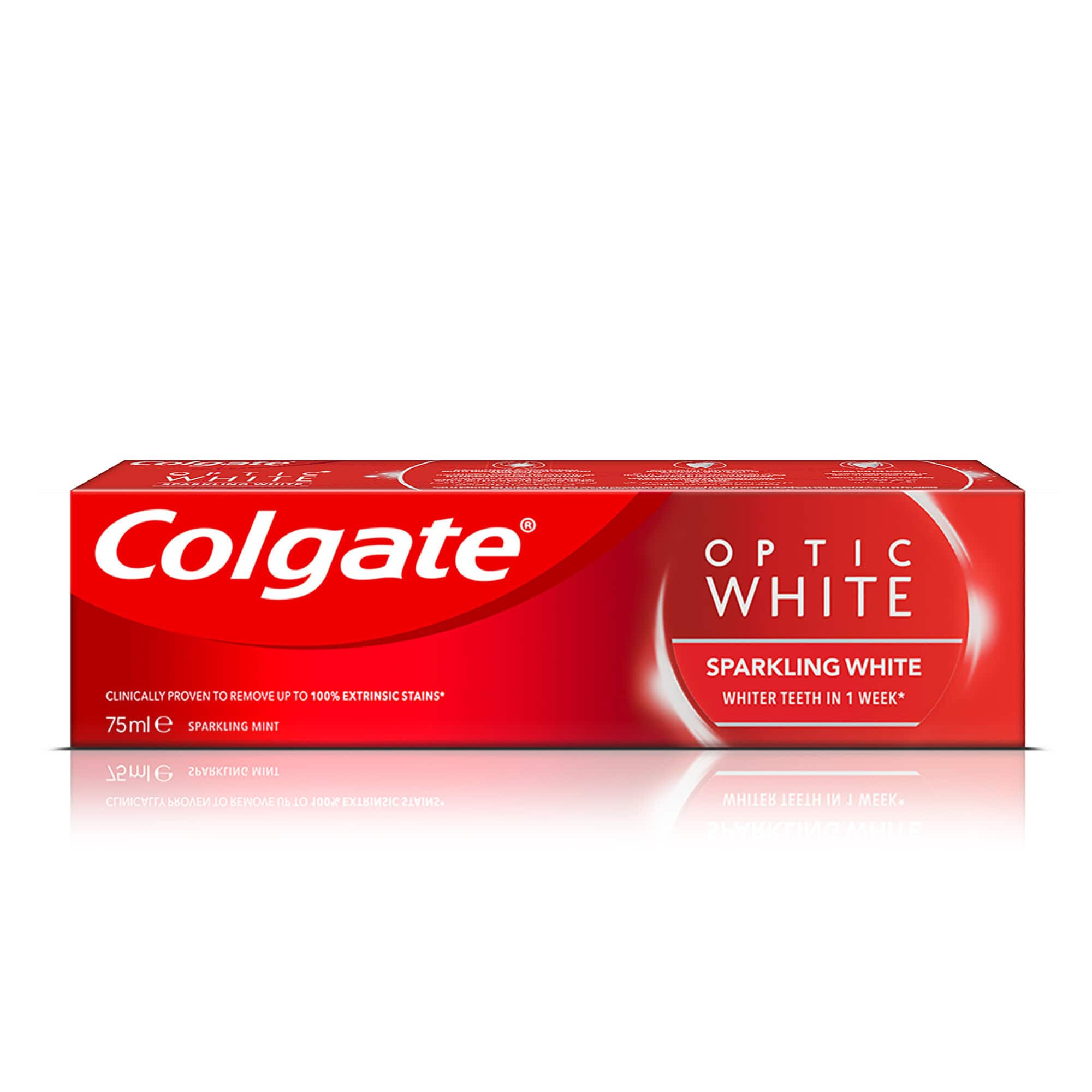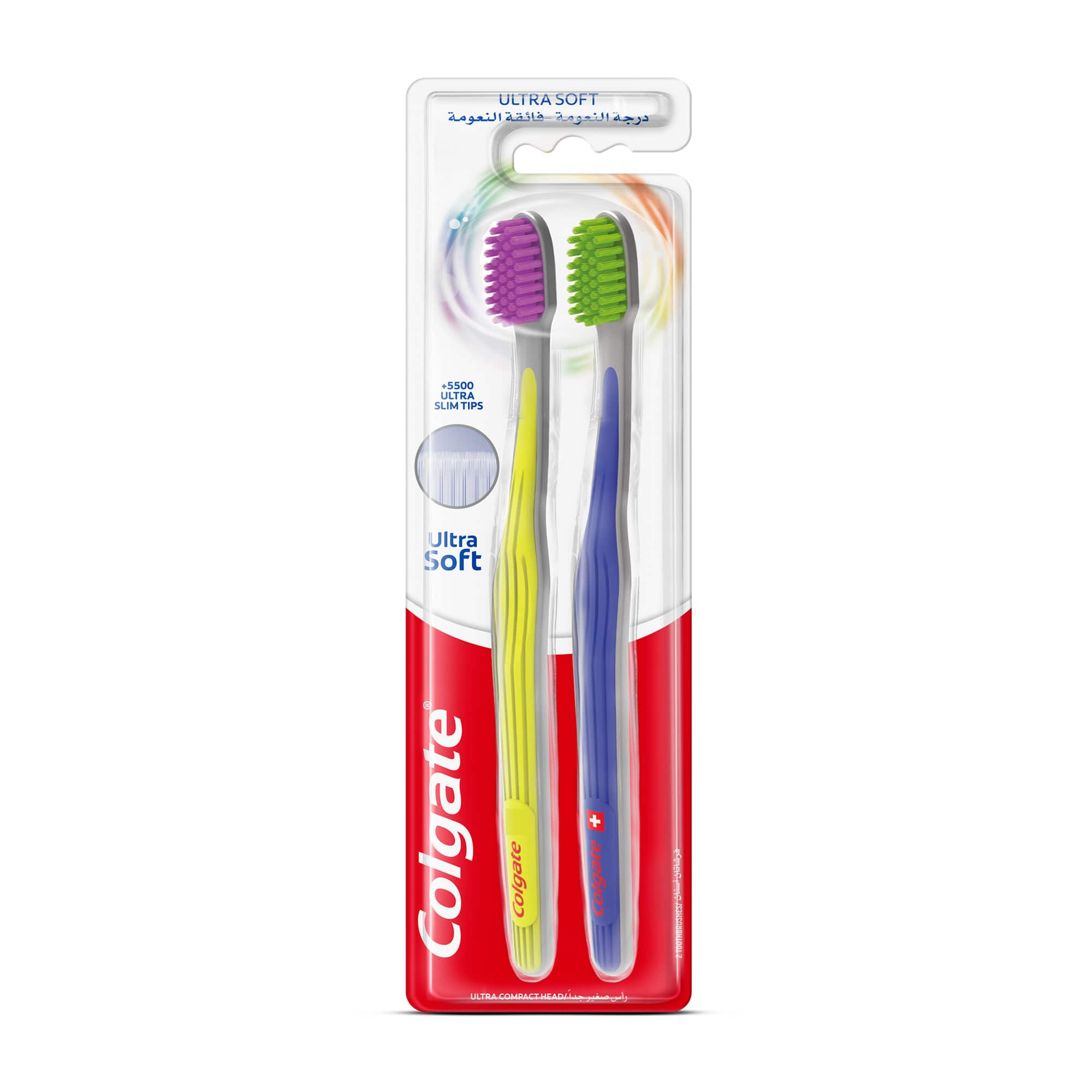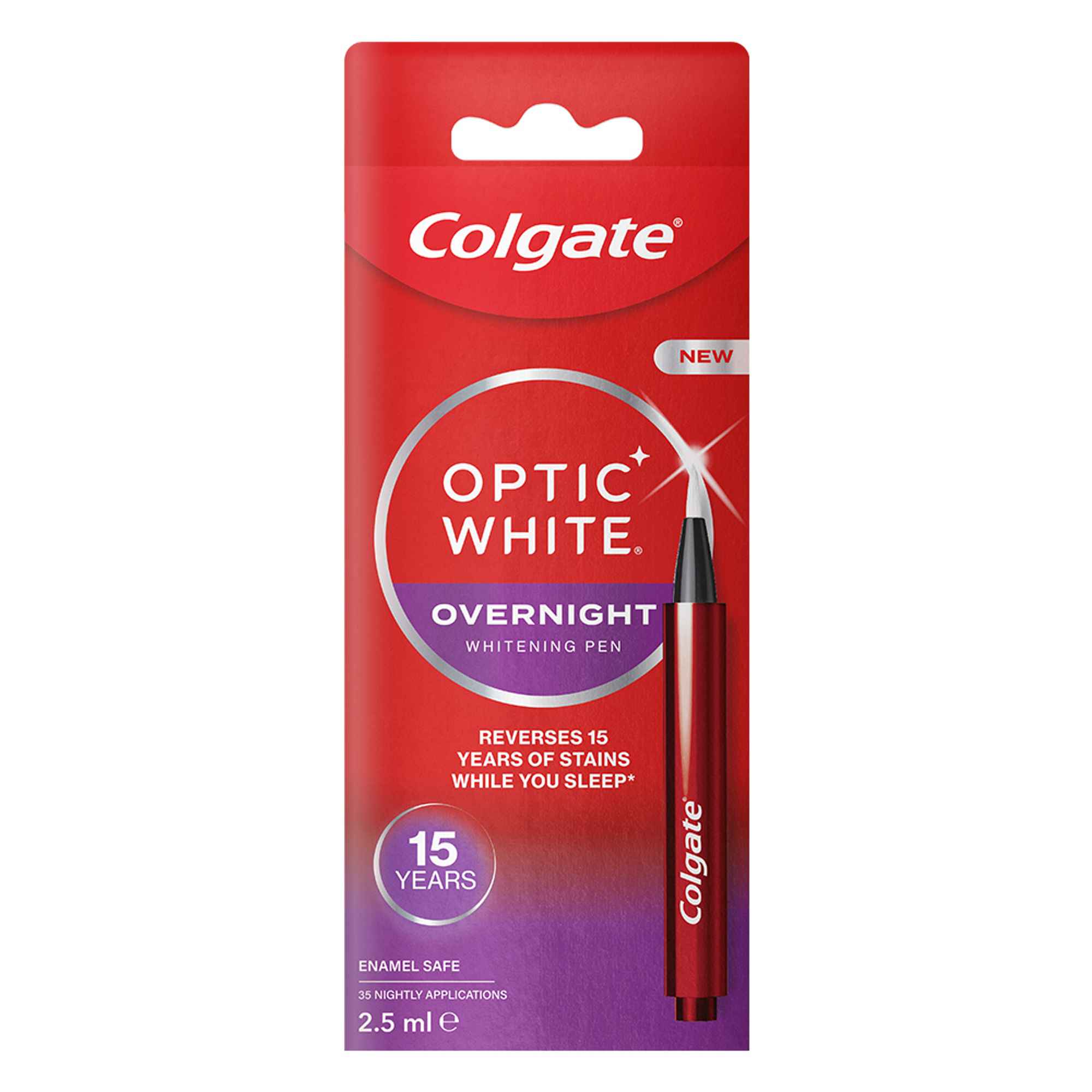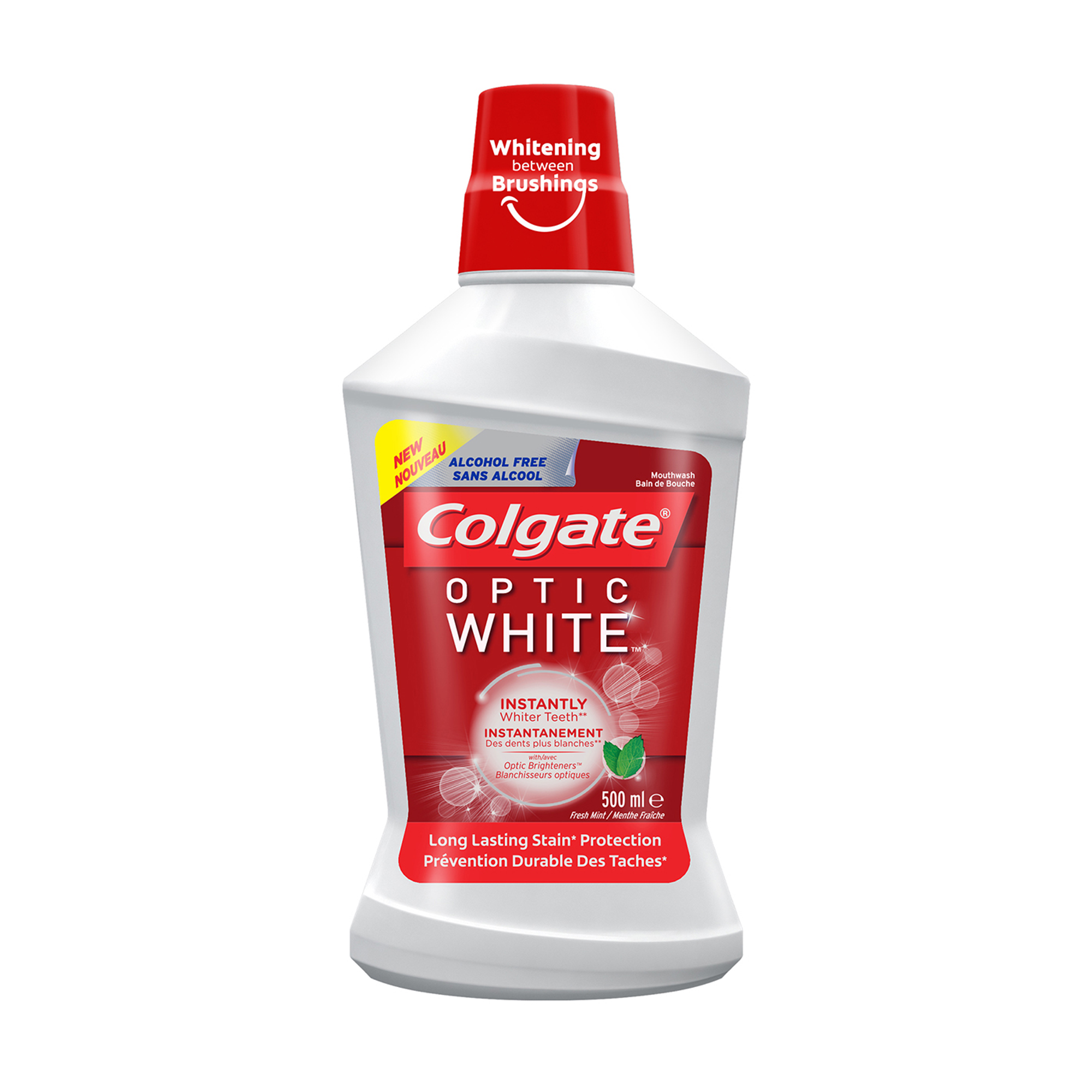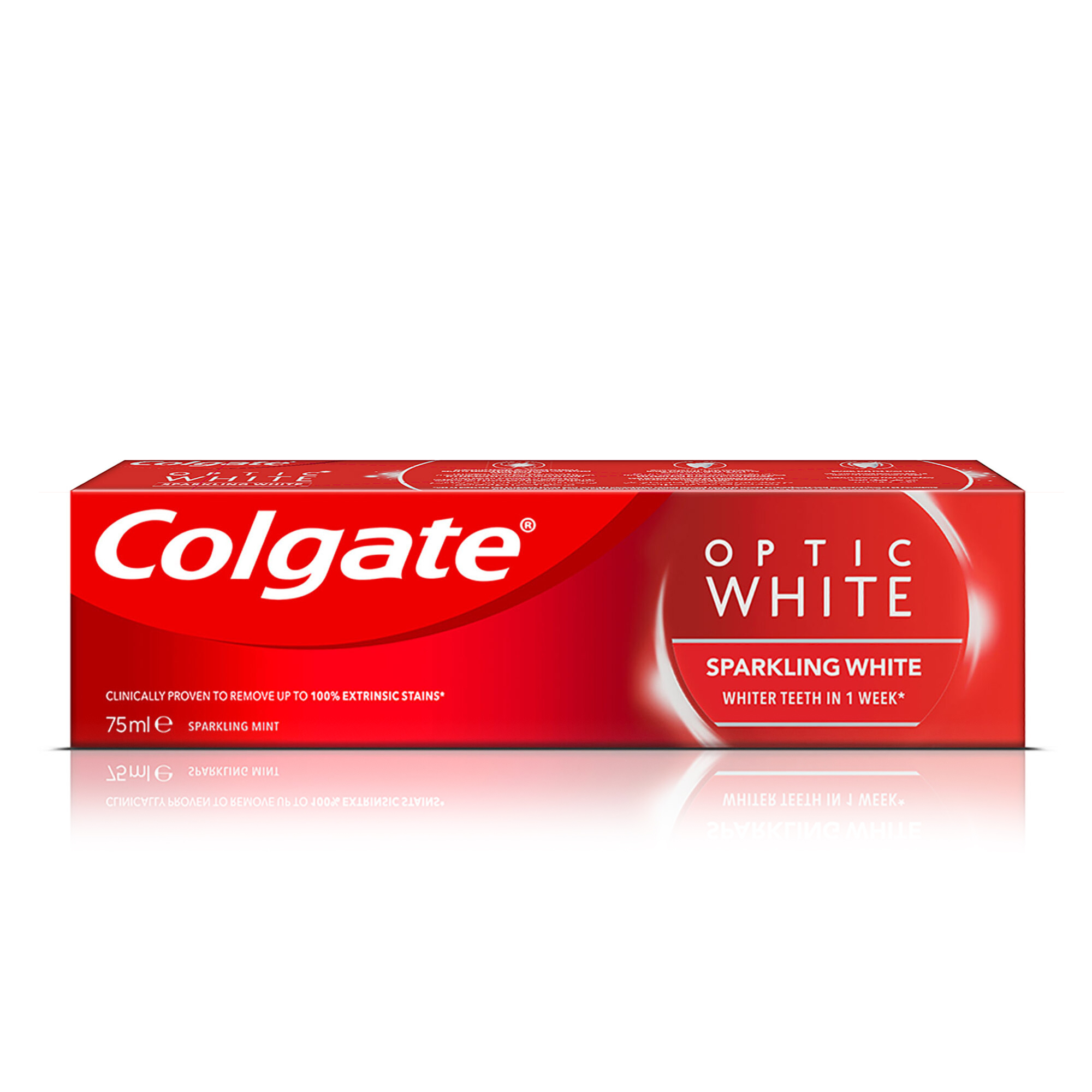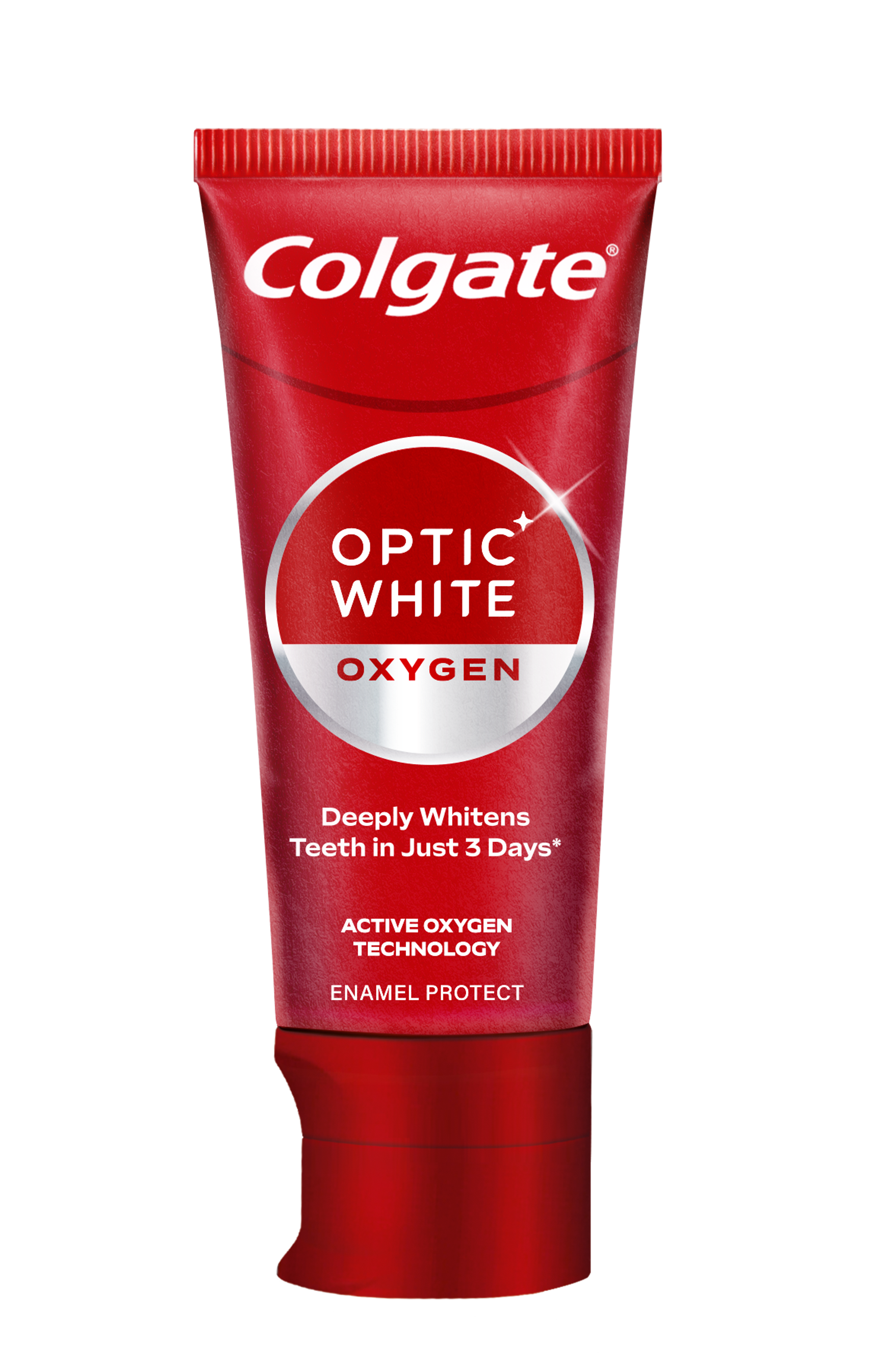-
-

NUTRITION AND ORAL HEALTH
What is Dental Public Health? A Look at How It Can HelpMany oral diseases can be prevented with routine care and regular dental checkups...
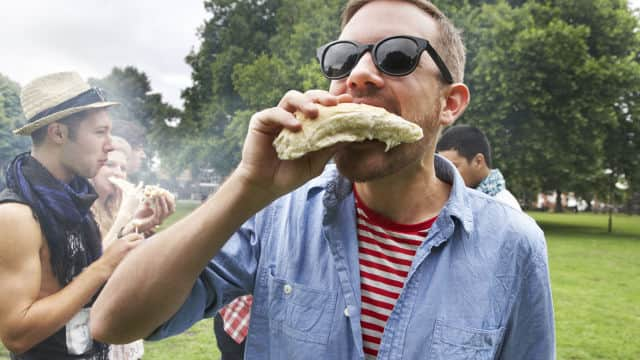
NUTRITION AND ORAL HEALTH
How to Limit the Effects of Sugar on TeethCookies, cakes, candy and sodas – everywhere you go, there are sugary treats to tempt...
-
Science & Innovation
- Colgate® | Toothpaste, Toothbrushes & Oral Care Resources
- Oral Health
- Three Tips for Preventing Teeth Stains from Braces


It's Often Not the Braces
Your teeth can become stained during orthodontic treatment for several reasons. Traditional braces have a complex design of brackets and wires that can trap food, leading to a buildup of bacteria that causes plaque to form. Therefore, it's not the actual braces that cause these stains but the biofilm that forms in crevices that are hard to reach.
Having braces make it difficult to remove this plaque, allowing it to create acids that strip the minerals from your enamel. This demineralization changes the way the tooth surface reflects the light, resulting in the development of those tiny white spots in the areas that are difficult to reach.
Plaque also increases your risk for tooth decay and gum disease while the braces are on. Prevent these issues with a healthy oral care routine for braces. Gently brushing your teeth to avoid damaging the brackets and flossing with an orthodontic floss threader are effective ways to keep your mouth healthy while wearing braces.
The bonding material used to attach orthodontic brackets to teeth can become discolored over time from exposure to tooth-staining foods and beverages, but this material will be removed when the brackets come off. Preventive measures are best for avoiding stains while wearing braces.
How to Prevent Teeth Stains from Braces
It's essential to practice good dental hygiene at all times, but when you're wearing braces, the complete removal of plaque/biofilm is tough to do. Your best defense against teeth staining with braces should include:
- Limiting certain foods and drinks from your diet, such as sugary or starchy items, high acid fruit drinks, and sodas. If you are away from home and can't brush your teeth right away after eating or drinking these foods and beverages, rinse your mouth with water to help neutralize plaque acids.
- Brushing and flossing after every meal. Water flossers are also helpful tools to clean around braces. To make this easier to manage, it is recommended to eat three meals a day, avoid between-meal snack, and choose tooth-friendly snacks.
- Choosing a whitening formula of toothpaste that contains stannous fluoride will also help reduce plaque or buildup.
- Wait 30 minutes after eating to brush your teeth, as this gives your enamel time to settle and your saliva time to wash away the acids left by the food.
- Regular dental cleanings help remove tartar that you can't eliminate from daily brushing and flossing.
For patients who find they are particularly prone to plaque developing on the biting surfaces of teeth, pay extra attention to brushing and talk to your dentist about the benefits of sealants before getting braces. Talk to the orthodontist to see if this would be practical for you.
This article is intended to promote understanding of and knowledge about general oral health topics. It is not intended to be a substitute for professional advice, diagnosis or treatment. Always seek the advice of your dentist or other qualified healthcare provider with any questions you may have regarding a medical condition or treatment.
Related Articles


Before you pick up a toothpaste that promises to whiten your teeth, make sure you understand the how's and whys so you can pick the right product for you.
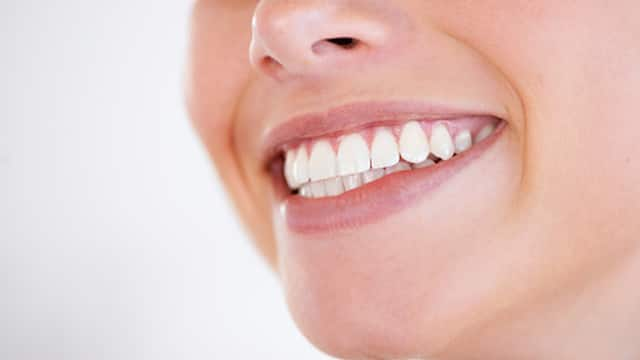
Related Products

Helping dental professionals
More professionals across the world trust Colgate. Find resources, products, and information to give your patients a healthier future

